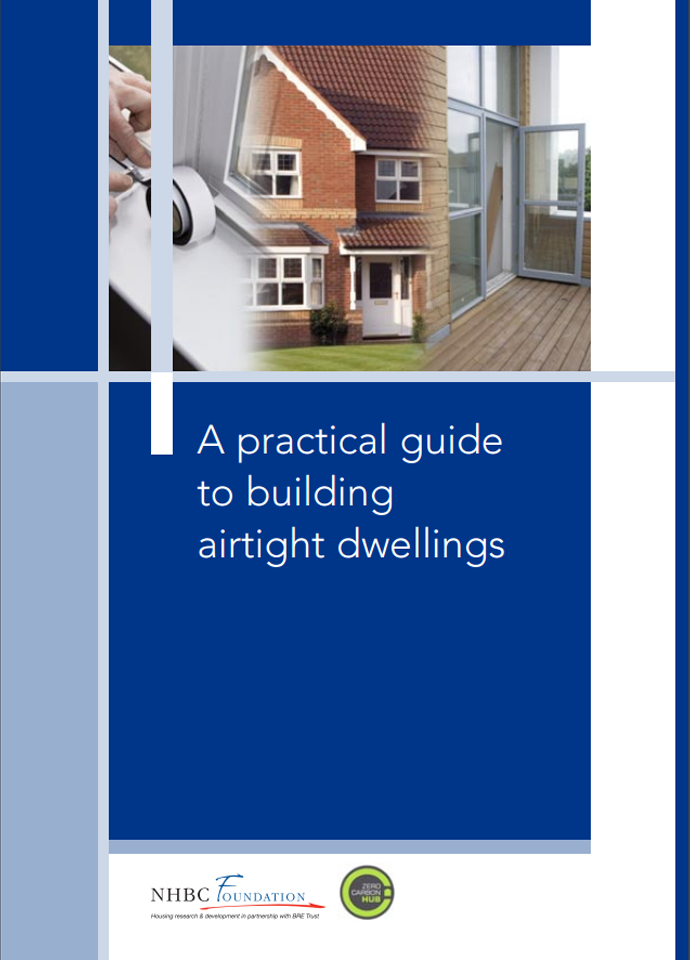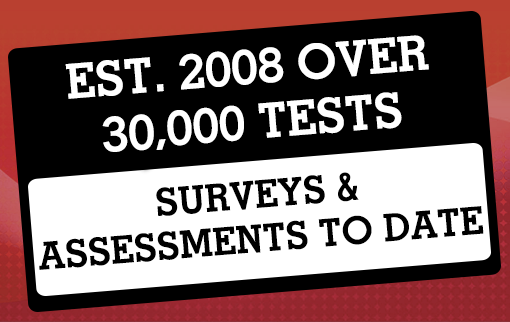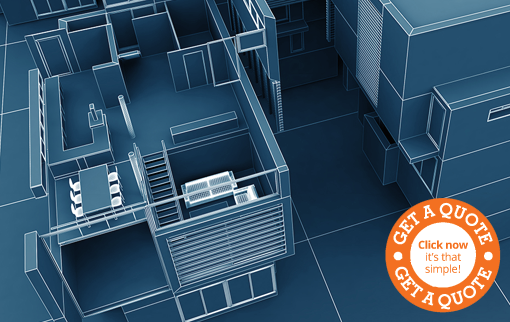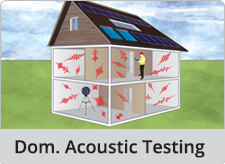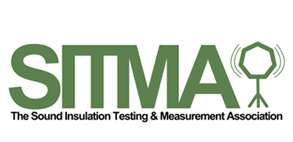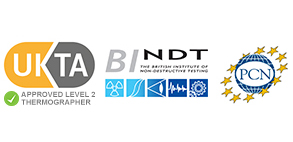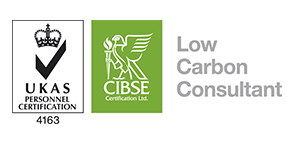Offices Nationwide
Denton - DSM Thermal Modelling - 0161 403 0129
The office that covers this area is: Manchester
Phone Number: 0161 403 0129 Email: denton@e2consultants.co.uk
DSM_Thermal_Modelling is sometimes referred to as Thermal Modelling, DSM Thermal Modelling.
Denton DSM & Thermal Modelling
Both SBEM & Dynamic Simulation Modelling (DSM) are approved methods for achieve compliance through energy assessments, however DSM provides a significantly more accurate and complex assessment. In the majority of cases DSM offers the design team significant benefits.
What is Dynamic Simulation Modelling
This service is similar to SBEM, Dynamic Simulation Modelling provides a calculation of the predicted energy consumed within a commercial building, through the modelling of the building’s features.
DSM allows for accurate investigation of the following areas:
- iSBEMs (A more accurate way of assessing part L2a & L2b compliance)
- Sun Cast and Solar Shading Analysis
- Multi Zone Air Movement Simulation
- Daylight Analysis
- Dynamic Thermal Modelling, Simulation & Calculation
- Natural and Electric Lighting Simulation
- HVAC Systems Simulation and Selection
- Life Cycle Cost Analysis
When used early in the design processes, calculations of predicted energy consumption through the modelling a building’s specifications can help in improving a buildings design and performance with the potential for reducing both development and operational costs. At later stages this way of modelling can be used in the testing, fine-tuning and implementation of design features, pushing them to their full potential.
What’s involved?
The process involves taking designs and building specifications for a project, representing them in a 3D software model and running a simulation over a period of time to provide detailed results. Dynamic Simulation Modelling use historical weather information and accurate sun path analysis to run calculations at multiple stages of the year.
The use of Dynamic Simulation Modelling can be used to help gain additional BREEAM credits for the following categories:
- Daylighting
- Glare Control
- Thermal Comfort
- Energy & CO2 Emissions
- Low or Zero Carbon Technologies
E2 Consultants employ fully accredited Low Carbon Consultant with CIBSE and is qualified to Level 5. Please call us to discuss IES software and how it can enable you to design your building smarter, analyse sunpaths and natural ventilation options and minimise energy demand and CO2 emissions.
Our DSM quotes can include the following components:
- Energy Performance Certificate (EPC) / Building Energy Rating (BER)
- BREEAM Assessment*
- Design Stage and As built Stage DSM Part L/F Compliant Calculations and BRUKL Report
- Draft Energy Certificates
This means we can provide you with Level 5 EPCs, BRUKLs and Thermal Modelling as well as calculating CIBSE loads and reporting extensively on building performance.


Copyright 2025 E2 Specialist Consultants Limited
Company No. 06728970














